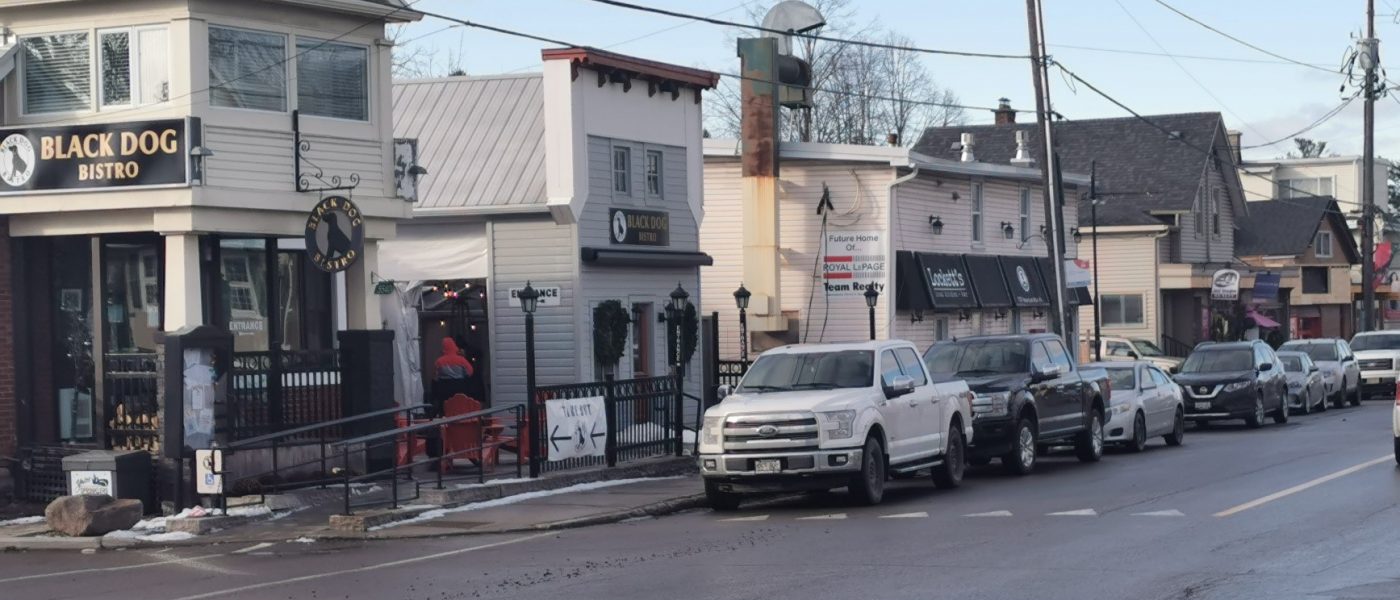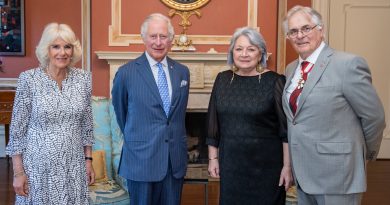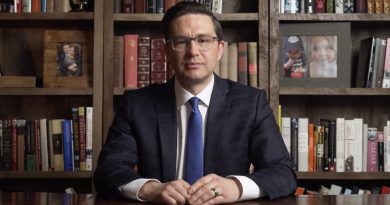Mayor unveils package of measures to help small businesses
By Manotick Messenger Staff
As local small businesses brace for another difficult spring and summer, some relief is coming from City Hall.
Ottawa Mayor Jim Watson announced a series of measures that will help small businesses and many economic development partners rebound as the pandemic comes to an end. The measures are contained in two staff reports that will be presented to City Council this month.
As part of the Tax Policy Report, and in response to Mayor Watson’s inquiry asking staff to look into the creation of a Small Business tax subclass, staff will explore offering a permanent 10 per cent tax discount to approximately 4,700 commercial properties that house roughly 7,800 small businesses across the city – with no impact on residential taxpayers. This is out of approximately 12,000 commercial and industrial properties in Ottawa.
For the average small business property, assessed at $600,000 and paying $15,000 in municipal and education taxes, that means a discount of $1,000, and a possible additional discount of $500, should the Province decide to match the discount on the education taxes.
“Any kind of support that the municipality is asking for is good for businesses,” said Manotick BIA Executive Director Donna Smith.
While some businesses have been hit harder than others, one sector that is among those in need of the most need of help is restaurants.
“Locally, restaurants are one of the biggest concerns,” Smith said. “They have been hit the hardest. They have inventory that is perishable, and they received little notice when the city went from orange to red. They have also had to lay people off, bring them back, lay them off again, all with little notice.”
Although City staff are still waiting for the enabling provincial regulations, they have started to define what types of properties and businesses might qualify for the Small Business tax subclass, and how offering relief to small business owners would marginally impact the rest of the commercial class properties.
Property owners would be mandated to pass on the discount to their small business tenants. If they fail to do so and the City receives a complaint, the discount will be revoked.
The list of proposed eligible properties is comprehensive and includes the vast majority of small offices, small commercial with residential, small retail, various mixed-use properties, restaurants, fast food, small auto-repair/detailing shops, driving ranges, marinas and independent cinemas, taverns, motels and inns, daycares, recreational sports clubs, bowling alleys, small racetracks, and assembly halls and clubs. The proposal also includes commercial and industrial condominiums, as well as neighbourhood shopping centres under 15,000 square feet, as these are mostly occupied by small businesses.
Coupled with the elimination of the commercial/industrial excess land discount, which currently provides a discount of 30% to 430 large properties, the Small Business tax subclass discount of 10% will be offset by an increase of 0.68% for the other 7,300 larger commercial and industrial properties in Ottawa.
For the average residual commercial property, assessed at $4 million and paying $102,000 in municipal and education taxes, that would lead to an increase of $700 in taxes, in order to offset the small business discount.
The Tax Policy Report will be presented to City Council later in April.
‘’I want to thank staff for their great work on this proposal, and I’m very pleased that it will lead to permanent and predictable financial relief for 7,800 small businesses in our city, which will no doubt help them reinvest in their business and rebound after the pandemic,’’ said Mayor Jim Watson.
The City has already deployed many programs and measures to help small businesses over the last year. More recently, Council renewed the Patio Innovation Program for the upcoming season – which was launched on March 18 instead of April 1, in response to the announcement that the City of Ottawa was returning to the red zone.
As part of the Patio Innovation Program, we saw approximately 350 patios and cafés spring up across the city last year – 260 more than in 2019. We also saw seven road closures that provided 500 additional paying seats for restaurants and happy customers.
For restaurants who paid patio fees in 2019, waiving patio fees once again this year will save the average patio owner $4,500, with savings ranging from $1,000 for the smallest patio to $19,000 for the largest patio.
As part of the Economic Recovery and Rebound Program report, which is informed by discussions held at the Economic Rebound Roundtable that Mayor Watson hosted on February 9, the Mayor announced a series of other measures that will help the rebound of our local economy and the recovery of our economic development partners.
These measures include:
• Reducing rental fees at City facilities: From September 2021 until the end of 2022, a 50% reduction on rental fees will be offered at showcase City facilities, including Aberdeen Pavilion, the Horticulture Building, the Meridian Theatres Centrepointe and the Shenkman Arts Centre, for all public events that offer artistic and cultural programming. This will benefit not only our festivals and special event organizers, but also local musicians and the tourism sector as a whole.
• Welcoming our employees back to City workplaces: To support the economic health of Ottawa’s downtown core, where retail stores and restaurants have been disproportionately impacted, the City’s senior leadership team, in consultation with OPH, is actively working on a plan that will be ready early in Q3, charting a staged return to City workplaces. Although less than a third of City staff are currently working from home, we want to play a leadership role in bringing staff back to workplaces in downtown Ottawa, based on vaccination milestones and advice from OPH on the appropriate timing and precautions. We will continue to advocate for a similar approach for the federal government to bring back its workforce, which plays a key role in bringing significant vibrancy to our downtown core and supporting transit ridership.
• Creating opportunities for postsecondary students: Working with our colleges and universities, the City is committed to playing a greater role in experiential learning by increasing the number of co-op placements and meaningful seasonal hiring opportunities. In 2019, the City hired 60 co-op students and 1,047 summer students. These numbers reduced significantly due to COVID-19, but at the request of Mayor Watson, staff are proposing to increase the hiring of co-op students to 70 in 2022, and to surpass 100 co-op placements by 2024.
• Advocating with and on behalf of YOW: In collaboration with the leadership team at the Ottawa International Airport, Mayor Watson has been advocating with the federal government to secure the funding required to complete the Stage 2 LRT Airport Station, which is critical to the opening of the O-Train South Extension. Parallel efforts are also underway for regular international air service to resume in Ottawa. Early in the pandemic, the Government of Canada identified four hub-city airports to concentrate the flow of international traffic into Canada. The longer this model remains in place and resources from airlines and supporting services continue to be redeployed to the four hub cities, the more difficult it will be for the Ottawa International Airport to return to normal operations and volumes once the pandemic is over.
Other measures supporting the rebound of many sectors of our economy are contained in the report. These include support and continued advocacy with provincial and federal partners to advance large city-building projects in the planning stages, such as The Ottawa Hospital’s new Civic Campus, the development of LeBreton Flats, as well as priority infrastructure projects proposed by the City’s postsecondary partners.
‘’I believe we are putting forward a very strong package of incentives that will truly help small businesses and special events organizers during these difficult times. Not only will these measures provide them with the hope they need to make it to the finish line; this support will help them thrive once the pandemic is behind us.’’
The Economic Recovery and Rebound Program report was scheduled to be presented to FEDCo at its meeting on Tuesday, April 6.





